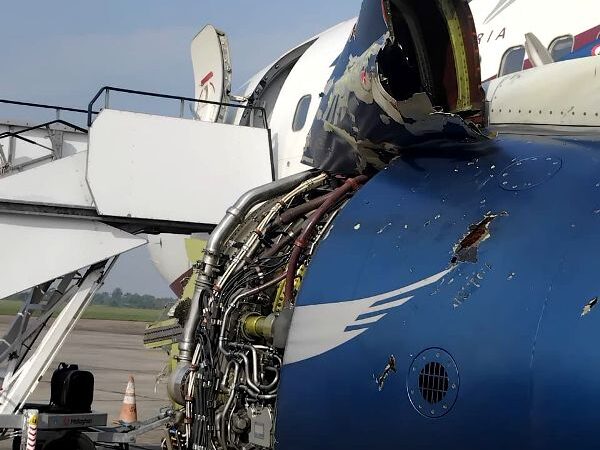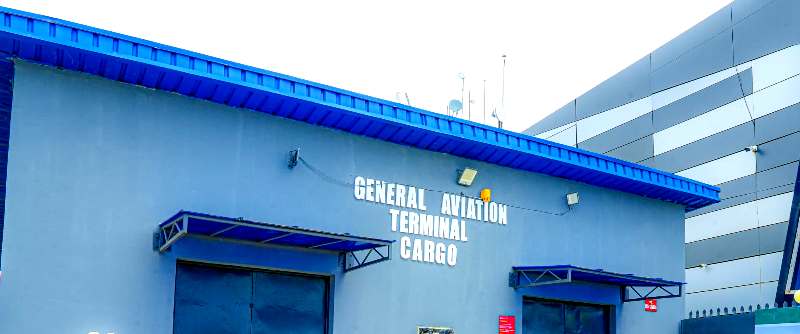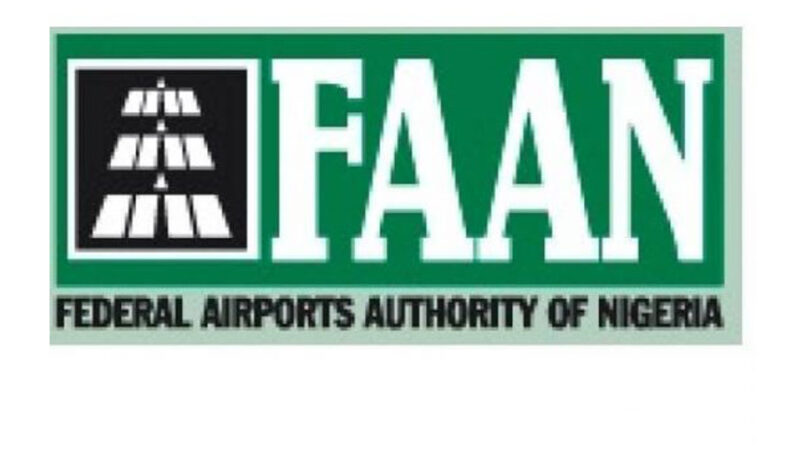Breath-Taking Insights Into Festus Keyamo’s Aviation Stewardship So Far

By Tunde Moshood
In just nine short months since his appointment as the Honourable Minister of Aviation and Aerospace Development, Festus Keyamo SAN CON FCIarb (UK) has proven that transformative leadership can take flight, even in the most challenging sectors. As one of the key players in President Tinubu’s cabinet, tasked with driving the Renewed Hope Agenda, Festus Keyamo’s approach has been both strategic and impactful, embodying a keen understanding of what the Nigerian public desires most: efficient, safe, and reliable aviation services.
From the outset, Keyamo demonstrated an acute sensitivity to public perception and needs. His first step was a meticulous analysis with his think-tank team to gauge the aspirations and concerns of the Nigerian populace regarding the aviation industry. This comprehensive assessment allowed him to pinpoint critical areas for improvement, leading to the formulation of a robust 5-point agenda aimed at elevating the sector.
Known for his tenacity and unyielding commitment, the Minister embarked on a transformative journey to untangle the web of issues that have long plagued the industry.
These achievements, while not immediately apparent to the casual observer, signify a profound shift towards stability and growth in Nigeria’s aviation sector. The Minister’s relentless pursuit of solutions, his unwavering dedication, and strategic vision have set a new course for the industry. Though many of the processes he has set in motion may take time to bear fruit, the foundations he is laying today promise a brighter, more prosperous future for the Nigerian aviation sector.
For years, the Nigeria aviation industry has faced numerous challenges, from operational inefficiencies to being blacklisted by global lessors due to certain factors and fraudulent activities of some aviators. This blacklisting severely hampered the nation’s ability to engage in dry-leasing processes, a crucial component for maintaining a robust and flexible aviation fleet. However, Keyamo has taken these challenges head-on, working tirelessly to restore trust and integrity within the sector. His efforts have involved stringent reforms and transparent negotiations aimed at rehabilitating Nigeria’s standing in the global aviation community.
Another significant milestone in his tenure is the resolution of the Emirates Airline’s debacle. The fallout from the growing cultism menace among Nigerians in the UAE led to a visa ban and the suspension of Emirates flights to Nigeria. The airline’s inability to repatriate ticket proceeds further complicated matters. Yet, through diplomatic finesse and strategic interventions, the Minister, backed by the unwavering support of President Bola Ahmed Tinubu, successfully navigated these turbulent waters. As a result, the Emirates is set to resume flights to Nigeria on October 1st, 2024, marking a significant victory in restoring international aviation relations.
Supporting the growth and sustainability of local airlines has also been a cornerstone of his agenda. Keyamo has implemented measures to ensure that Nigerian airlines meet the highest international standards, thereby fostering a more competitive and resilient industry. A notable success in this regard is the breaking of the longstanding monopoly of foreign airlines on the UK-Nigeria route. By securing reciprocal operating rights for Air Peace, he has significantly reduced airfares, making international travel more accessible for Nigerians.
Infrastructure development has seen unprecedented progress under Keyamo’s stewardship. The Abuja second runway project, which had been stalled due to a seven-year land dispute with the Jiwa Community, was swiftly resolved within two weeks of his taking office. This quick resolution has paved the way for the project’s commencement, demonstrating his ability to tackle longstanding issues with efficiency and effectiveness.
Moreover, Keyamo has been instrumental in making Lagos’ new international terminal fully operational. He resolved design flaws that had previously rendered the terminal unusable for many international flights, thereby enhancing the capacity and functionality of one of the country’s busiest airports. In collaboration with the immigration service, he also oversaw the remodeling of the Arrival Hall of Wing E at Lagos International Airport, transforming it into a state-of-the-art facility through a Public-Private Partnership.
The reactivation of Lagos’ Second Runway (18R), which had been out of service for nearly two years, stands as another testament to his proactive approach. By addressing this critical issue, he has alleviated congestion and improved operational efficiency at the nation’s busiest airport.
The Minister has also addressed financial bottlenecks that plagued the industry. He played a key role in clearing the backlog of trapped funds for foreign airlines, a persistent issue that had strained relations with international carriers. His collaboration with the Central Bank of Nigeria (CBN) in this regard underscores his commitment to resolving financial hurdles that impact the industry.
In a bold move to boost revenue and ensure equity, the Minister secured the Federal Executive Council (FEC) approval to require all VIPs to pay access fees at airports’ toll gates across the nation. This departure from a long-standing tradition of exemptions reflects his dedication to reform and revenue optimization.
Under his watch, the United States-Nigeria Open Skies Air Transport Agreement entered into force, a landmark development that will open new horizons for local airlines to operate on the lucrative US route. This agreement is poised to enhance connectivity and economic opportunities for Nigerian carriers.
Festus Keyamo’s tenure, so far, has been marked by decisive actions and substantial achievements. His blend of legal acumen and strategic foresight has begun to unravel the complex challenges of Nigeria’s aviation sector, setting the stage for sustained growth and excellence. As the nation soars towards new heights, his contributions will undoubtedly be remembered as the pivotal force that reignited hope and progress in the skies above Nigeria.
In celebrating these accomplishments, we recognize that the Aviation Minister’s work is far from done. However, the progress made thus far serves as a testament to his leadership and a beacon of hope for what lies ahead. His actions are a clarion call to all stakeholders in the aviation industry to unite in the quest for excellence, integrity, and sustained growth. The Honourable Minister’s journey is an inspiring narrative of resilience and vision, charting a new era for Nigeria’s aviation and aerospace development.






